Dogs might just be the brainiacs of the pet world—and science is backing it up.
Forget the old cat vs. dog debate. We’re not here to argue. We’re here to reveal. Dogs aren’t just loyal and lovable—they’re surprisingly sharp.
We’re talking memory that rivals a toddler’s. Problem-solving skills that leave cats snoozing in the sun. And emotional smarts that could make you tear up.
In fact, researchers across the globe are digging into canine cognition, and what they’re uncovering is nothing short of jaw-dropping. Ready to find out what makes your dog secretly smarter than your roommate?
Let’s break down the 9 surprising, brainy reasons dogs take the crown.
Dogs Exhibit Advanced Social Cognition
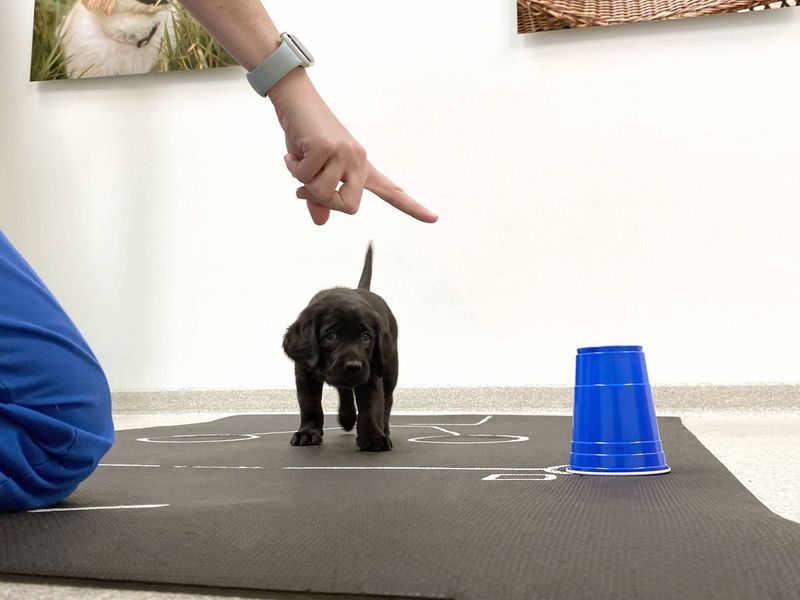
Dogs are renowned for their advanced social cognition, a trait deeply rooted in their evolutionary history. This ability allows them to interpret human gestures, tones, and even facial expressions with remarkable accuracy. For instance, many dogs can follow a pointing finger to locate hidden objects, a task that cats often struggle with. This social intelligence enables dogs to form strong emotional bonds with humans, offering companionship that goes beyond mere coexistence. Having evolved alongside humans for thousands of years, dogs have developed a keen sense of understanding social hierarchies, making them exceptional companions in both work and play.
Canine Problem-Solving Abilities

Some dogs are natural problem solvers, tackling challenges with impressive ingenuity. Whether it’s opening doors or figuring out how to retrieve a treat from a complex puzzle, dogs often exhibit problem-solving skills that surpass cats’ capabilities. This trait is particularly evident in breeds like Border Collies, known for their intelligence and ability to learn complex tasks. Such cognitive prowess not only makes dogs exceptional learners but also allows them to adapt to various environments with ease. Their problem-solving skills are a testament to their intellectual flexibility, often outshining many other animals in the animal kingdom.
Dogs Understand Human Language

Research has shown that dogs possess the ability to understand human language to a significant degree. Many dogs can learn the meanings of hundreds of words, responding appropriately to commands. This linguistic capability is not merely about responding to sounds; it involves cognitive processing of human speech patterns. Studies using brain scans reveal that dogs process words in a manner similar to humans, showcasing an impressive level of comprehension. This linguistic understanding enhances the bond between dogs and humans, facilitating smoother communication and collaboration in daily activities.
Empathetic Responses in Dogs
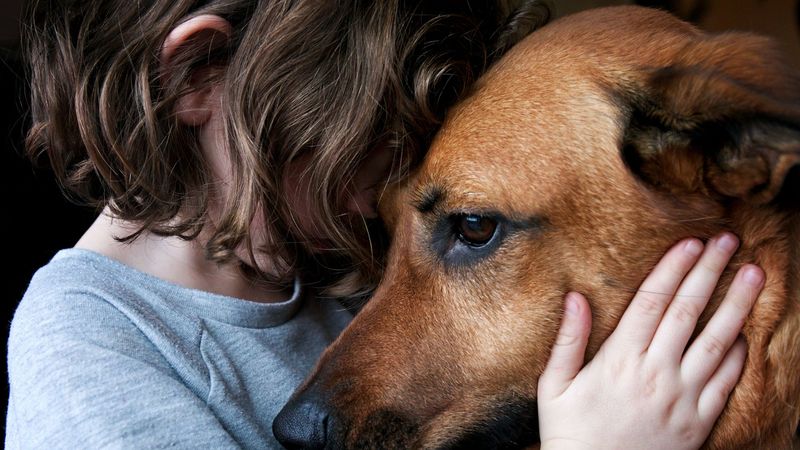
Dogs are often described as empathetic creatures, capable of recognizing and responding to human emotions. This empathy is rooted in their ability to read facial expressions and body language, allowing them to provide comfort when their human companions are distressed. Such behavior isn’t just anecdotal; scientific studies have demonstrated that dogs react to human emotional states. This empathetic response helps forge deep emotional connections, making dogs not just pets but cherished family members. The ability to empathize is a complex cognitive skill, highlighting the sophisticated nature of canine intelligence.
Dogs’ Sense of Responsibility
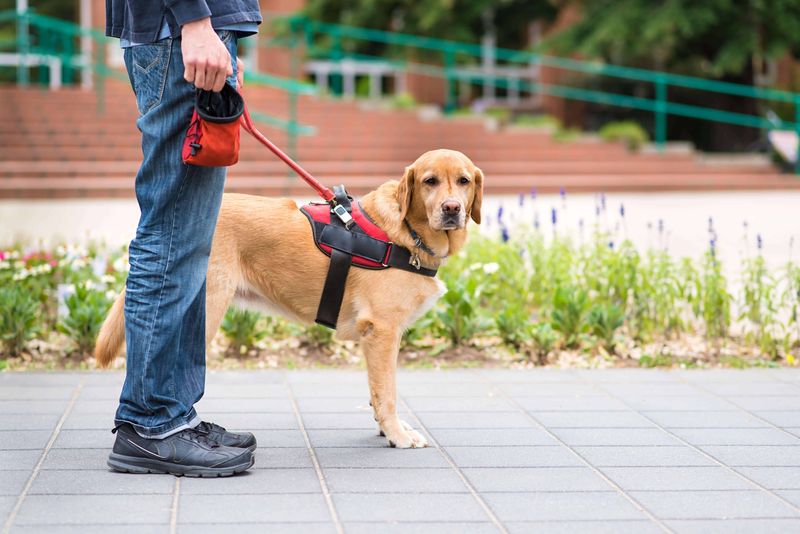
Certain breeds of dogs are trained to perform tasks that require a profound sense of responsibility. From guiding visually impaired individuals to detecting medical conditions, these service dogs showcase an intelligence that goes beyond basic obedience. Their ability to understand and act upon complex instructions is a testament to their cognitive abilities. Beyond training, many dogs exhibit an innate sense of duty, protecting their families and alerting them to potential dangers. This sense of responsibility is a unique trait that sets dogs apart, demonstrating their capability to take on roles of significant importance in human society.
Canine Memory and Recall

Dogs possess impressive memory and recall abilities, often remembering specific commands, locations, and people over extended periods. This cognitive feature allows dogs to perform complex tasks and learn new skills efficiently. Their memory capabilities extend to understanding routines, recognizing familiar faces, and navigating environments with ease. Such mental agility is not just a product of training; many dogs exhibit natural memory skills that aid in their adaptability and survival. This ability to recall information and apply it in various contexts is a key indicator of their intelligence, distinguishing them from many other animals.
Dogs Excel in Teamwork
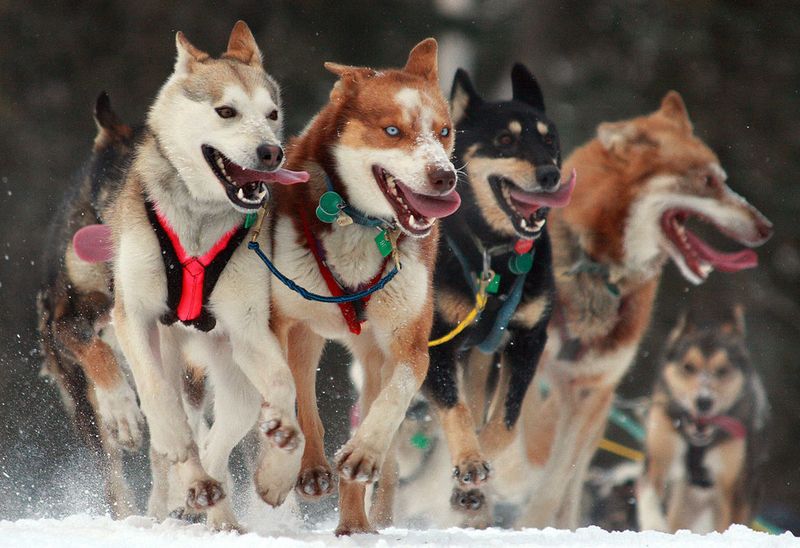
Dogs have been used in teamwork-oriented tasks for centuries, excelling particularly in activities such as sledding, herding, and search and rescue missions. Their ability to cooperate with both human handlers and other dogs is a testament to their social intelligence. This teamwork aptitude enables dogs to participate in complex tasks that require coordination, communication, and mutual trust. Breeds like Siberian Huskies and Alaskan Malamutes showcase extraordinary teamwork skills, thriving in environments that demand collaboration. Such capabilities highlight the sophisticated social structures and communication skills that dogs possess, setting them apart in the animal kingdom.
Dogs’ Versatile Learning Capabilities

Dogs are celebrated for their versatile learning capabilities, able to grasp a wide range of skills and commands. From basic obedience to advanced tricks, many dogs display a remarkable aptitude for learning new tasks. This ability is not limited to specific breeds; a wide variety of dogs demonstrate learning prowess, adapting to their environments with ease. Through positive reinforcement and consistent training, dogs can develop complex behaviors that enhance their roles as companions and working animals. Their learning capabilities reflect a high level of cognitive function, placing them among the most intelligent members of the animal kingdom.
Dogs Show Spatial Awareness
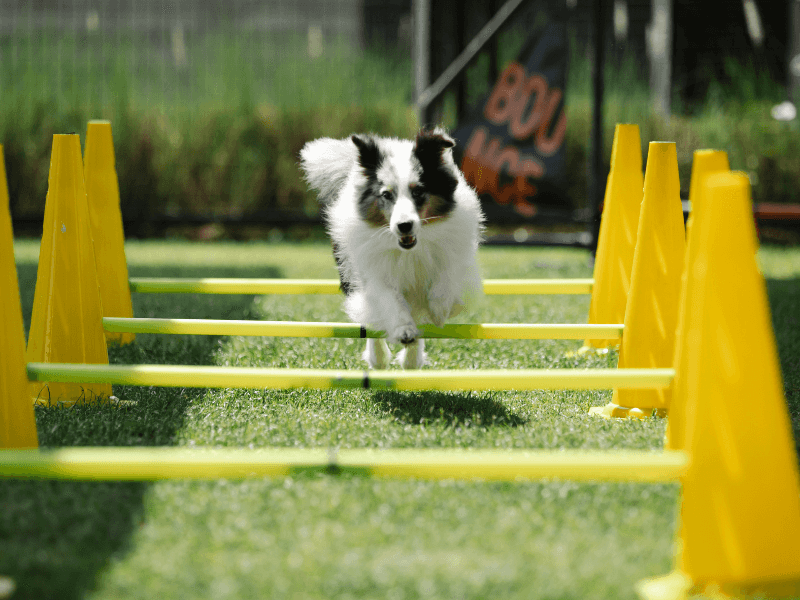
Spatial awareness is a critical aspect of canine intelligence, allowing dogs to navigate their environments effectively. This ability is particularly evident in agility courses, where dogs must accurately judge distances and adjust their movements accordingly. Such spatial skills are not only vital for sports but also play a crucial role in everyday life, aiding in tasks like fetching and guiding. Dogs’ spatial intelligence is honed through both natural instincts and learned experiences, enabling them to perform tasks with precision. This cognitive skill is both a testament to their intelligence and a practical trait that enhances their interactions with the world around them.

